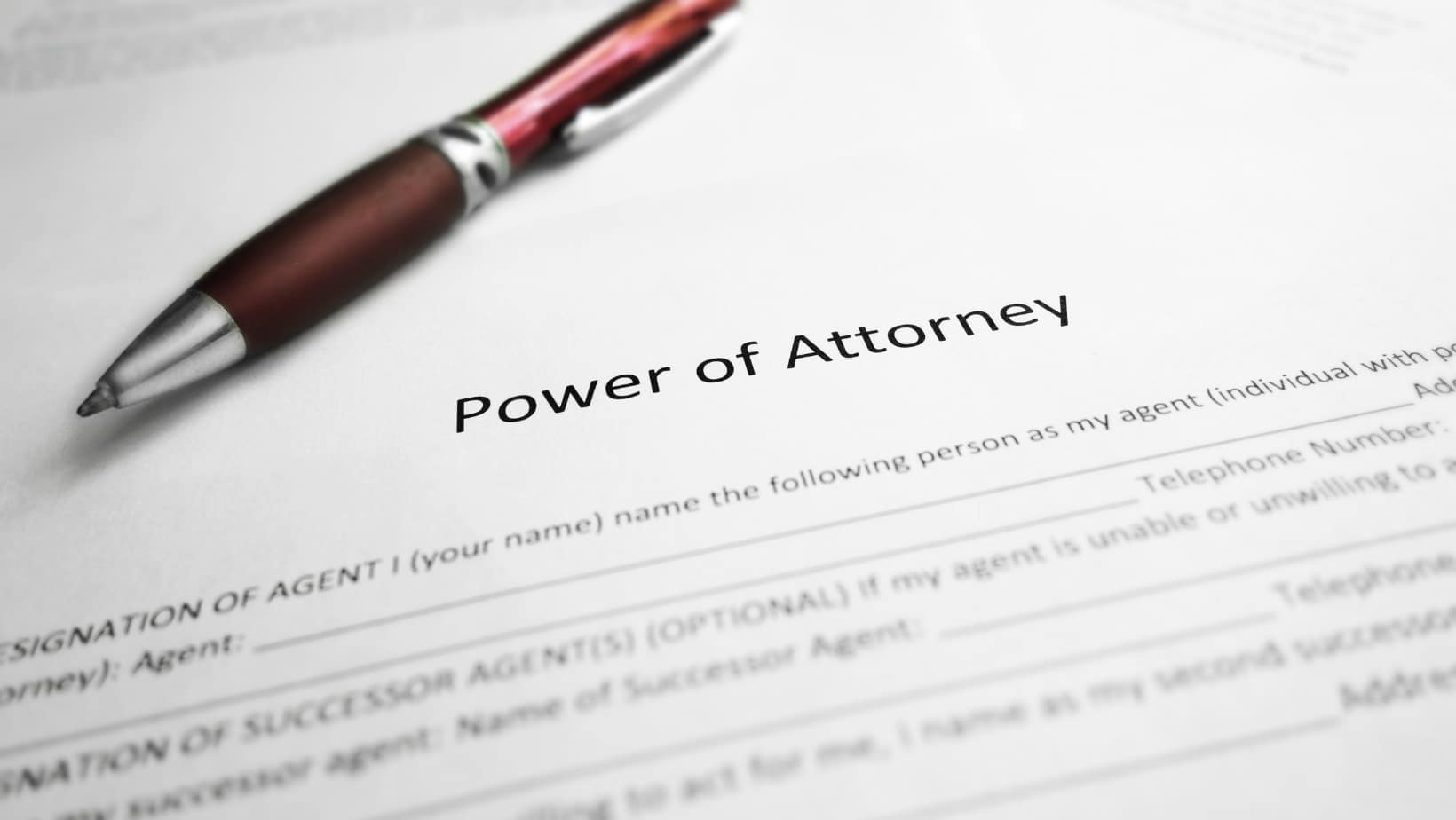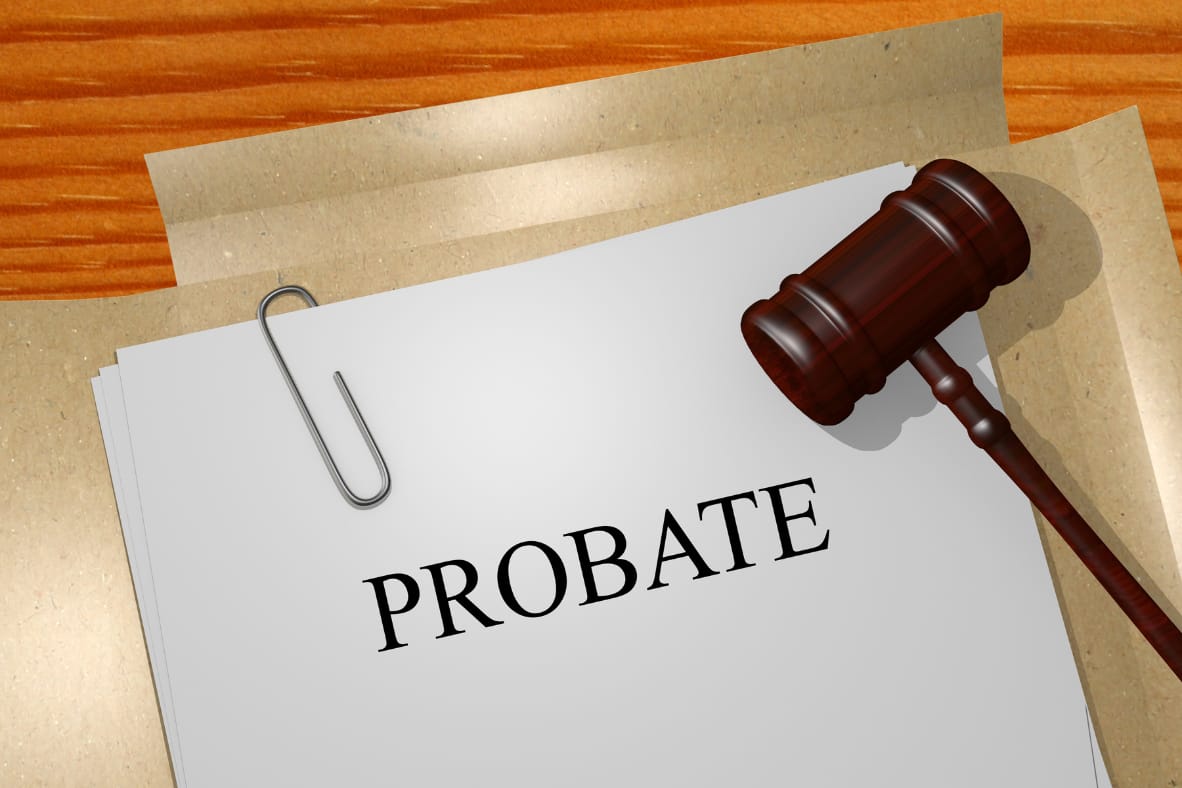
Free legal aid is available to people who need it, but you must qualify for it. Some of the requirements include your income and other factors. Even if you qualify, you might find it difficult to find a legal aid agency. These organizations often have a limited staff and don’t cover the types of legal issues you need to be represented in.
In New York, free legal aid services are available to individuals who are struggling with a legal problem. Individuals who have faced pay discrimination at work may qualify for free legal aid. You can also contact nonprofit organizations that help people with their legal problems. These organizations typically operate from 9 AM to 9 PM (EST) Monday through Friday.
There are also organizations that specialize in helping low-income Americans with bankruptcy issues. These organizations provide assistance with debt collection, tenant-landlord issues, family law, child support, and bankruptcy cases. There are often no requirements, but some organizations may have strict criteria for receiving free legal assistance.
Legal aid services are free and are staffed by lawyers. These offices are funded by individual states and the federal government. The lawyers at these organizations are dedicated to representing low-income individuals. In addition to offering free legal assistance, they also provide self-help resources for people who need them. These organizations may also help victims of domestic violence.
Hiring an attorney is not cheap, especially when you are facing charges related to family law and business law. If you can’t afford a lawyer, you can contact your local or state bar association and ask for referrals. Additionally, some attorneys offer free consultations over the phone or video conference. These consultations can help you get a better sense of what to expect and provide guidance on who to contact.
In New York, there are various programs that provide free legal help to people in need. Help Centers are located in each Civil and Housing Court building. These centers are staffed by court attorneys and volunteer attorneys who are available to answer questions. While these services are not considered legal advice, they can help you navigate the legal system and find resources that can help you with your case.





